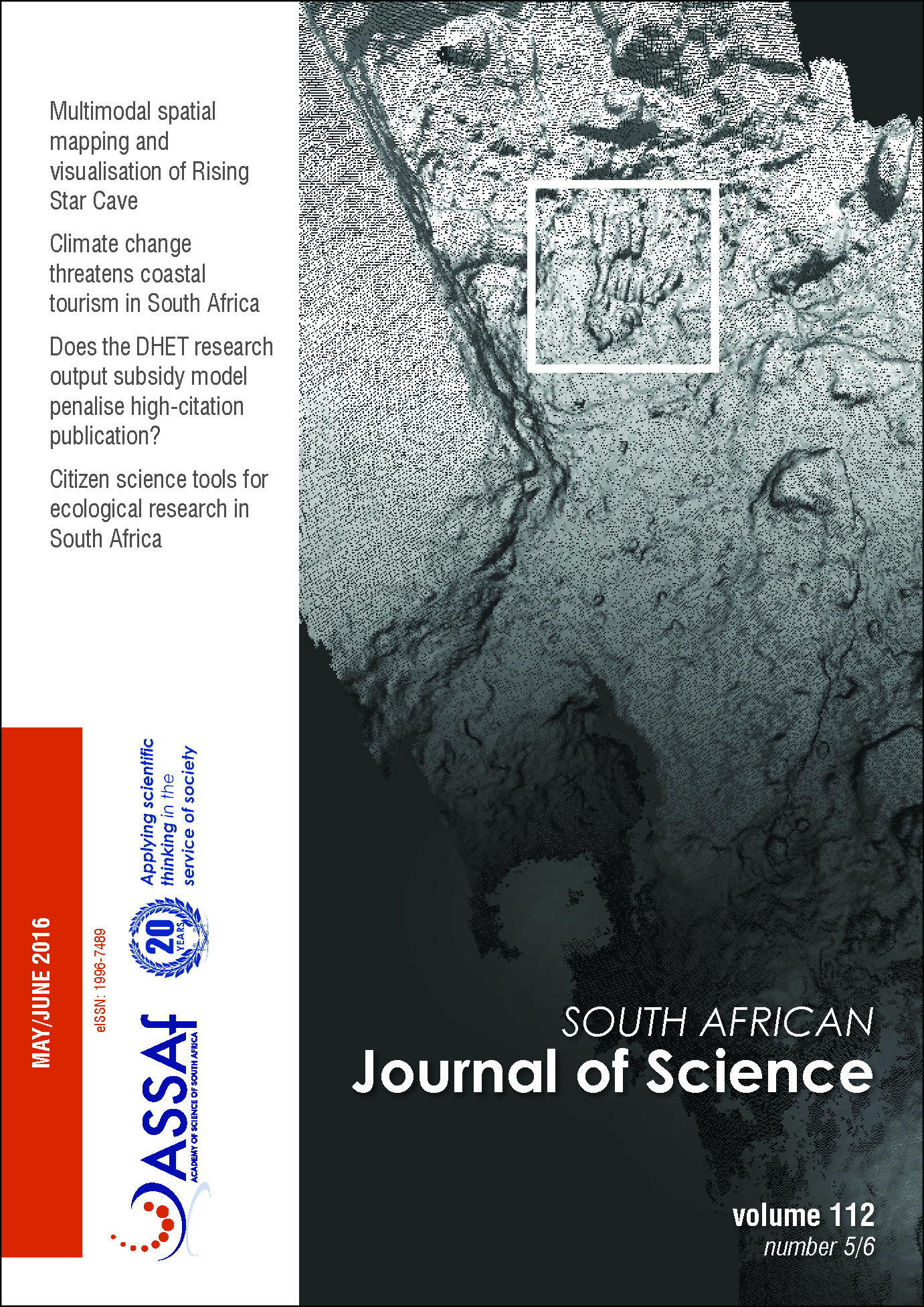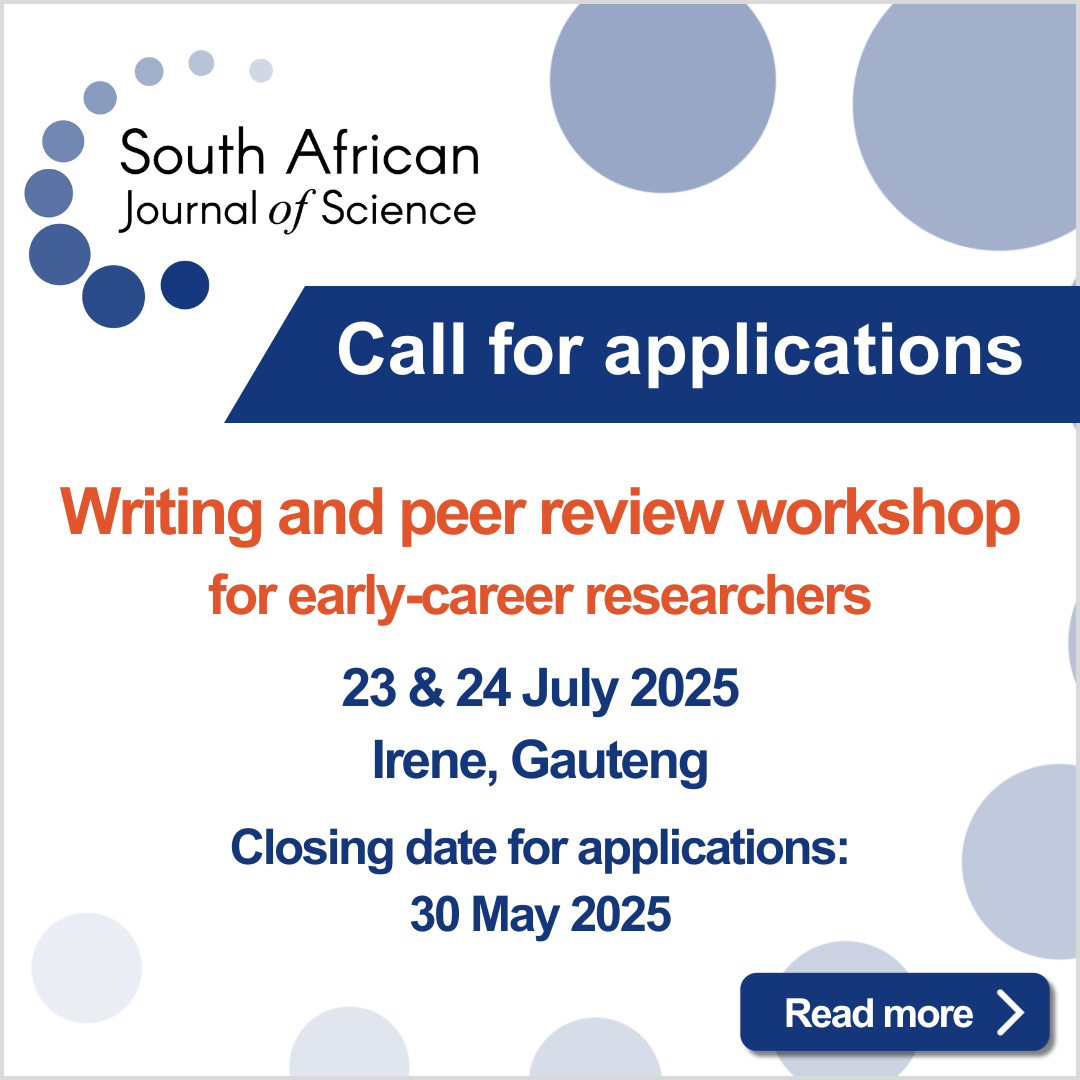Creationist and evolutionist views of South African teachers with different religious affiliations
DOI:
https://doi.org/10.17159/sajs.2016/20150226Keywords:
biology teaching, comparative study, religious orientation, teachersAbstract
Concerns have been raised in the scientific community that many teachers do not accept evolution as a scientific, testable phenomenon, and this is evident in their teaching. The non-acceptance of evolution theory is often heavily influenced by religious groups that endeavour to eliminate evolution from the curriculum. In South Africa, the inclusion of evolution in the curriculum is a recent event. This study focused on teachers’ views of evolution in relation to their religious affiliations. A questionnaire was developed and was validated by the Biohead–Citizen Project, and was then administered to more than 300 South African teachers and student teachers. Equal numbers of pre-service and in-service teachers were sampled. The groups included equal numbers of biology, English, and generalist teachers at primary school level. The results showed differences between teachers from different religions with regard to their views of evolution. Among teachers who identified as agnostic or atheist, 17% held creationist views. Among teachers who identified as Protestant, other Christian, or Muslim, 70% held creationist views. This study also examined, for the first time, the views of teachers belonging to religions not included in previous research. Of these, only 25% of Hindus held creationist views. Fewer adherents of African Independent Churches held creationist views compared with teachers from traditional Protestant denominations; for example, only 30% of Zionist followers and 40% of Shembe followers held creationist views. This study adds important knowledge by including the views of teachers from religions not previously researched.
Published
Issue
Section
License

This work is licensed under a Creative Commons Attribution 4.0 International License.

All articles are published under a Creative Commons Attribution 4.0 International Licence
Copyright is retained by the authors. Readers are welcome to reproduce, share and adapt the content without permission provided the source is attributed.
Disclaimer: The publisher and editors accept no responsibility for statements made by the authors
How to Cite
- Abstract 560
- PDF 502
- EPUB 179
- XML 214













.png)